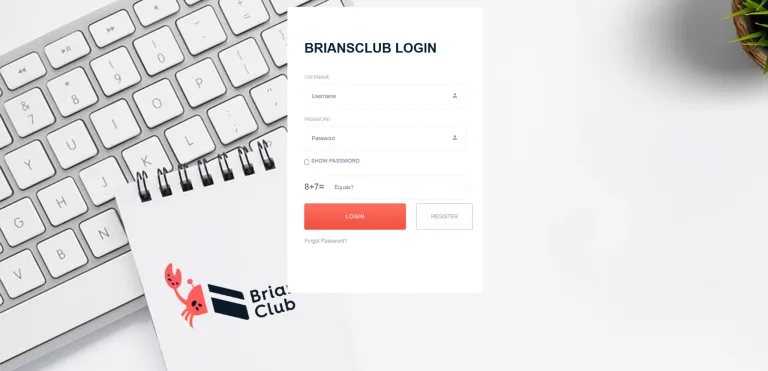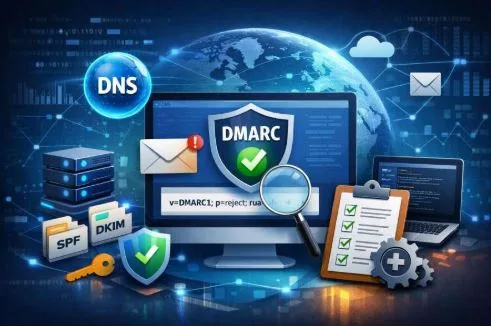How Real Estate Software Development Companies Are Transforming Property Technology in 2025
The global real estate market is undergoing a digital shift unlike anything seen in previous decades. With rising expectations for transparency, automation, and real-time decision-making, businesses now rely on advanced proptech solutions to manage operations, enhance customer experience, and remain competitive. As a result, the role of a modern real estate software development company has become essential for agencies, developers, investors, and property management firms worldwide.
In 2025, software is no longer an optional upgrade for real estate – it has become the foundation of the industry’s efficiency, accuracy, and growth.
The Real Estate Industry Is Becoming Fully Digital
Digital transformation in real estate is accelerating due to several global trends:
- remote property viewing
- virtual and augmented reality tours
- automated valuation tools
- AI-powered investment analytics
- digital property documents and e-signatures
- demand for instant data and transparent communication
- increased interest in rental automation platforms
- the shift from offline to hybrid real estate operations
This evolution requires sophisticated software engineering combined with deep industry expertise.
What a Modern Real Estate Software Development Company Provides
A professional development partner builds technologies that support every stage of the real estate lifecycle. Key capabilities include:
1. Property Management Systems (PMS)
Centralized platforms for managing:
- leases
- payments
- tenant communication
- maintenance requests
- vendor coordination
- reporting and financial analysis
These systems reduce operational workload and improve tenant satisfaction.
2. Real Estate CRM Solutions
Custom CRM tools designed for:
- property listings
- deal tracking
- client follow-ups
- agent performance monitoring
- automated reminders and email flows
A tailored CRM ensures better lead conversion and faster deal closures.
3. Real Estate Marketplaces and Search Platforms
High-performance solutions supporting:
- searchable listings
- dynamic filtering
- geolocation
- mortgage calculators
- scheduling tools
- 3D and VR property tours
Marketplaces require resilient back ends and user-friendly interfaces for high-traffic environments.
4. Investment and Analytics Platforms
Real estate investors increasingly rely on:
- AI-powered risk assessment
- price forecasting
- rental yield calculators
- portfolio tracking
- due diligence automation
These tools enable data-driven investment decisions.
5. Smart Home and IoT Integrations
IoT-enabled platforms support:
- energy optimization
- security systems
- remote access controls
- usage tracking
- automated alerts
Demand for smart buildings continues to grow globally.
Why AI Is Becoming Central to Real Estate Software
Artificial intelligence is reshaping how the industry operates. Modern solutions incorporate:
- automated property valuation models
- predictive analytics for pricing and occupancy
- fraud prevention for rental applications
- customer intent analysis
- AI chat assistants for real estate agencies
- document classification and extraction
- automated underwriting for rental and mortgage workflows
Advanced real estate software development companies increasingly integrate agentic AI systems, enabling platforms to run multi-step workflows with minimal human involvement.
Legacy System Modernization: A Key Priority in 2025
Many real estate firms still rely on outdated systems built over a decade ago. These technologies struggle with:
- integrations
- scaling
- security requirements
- cloud migration
- mobile accessibility
Modernization initiatives typically focus on:
- converting monoliths into microservices
- rebuilding UIs for improved usability
- implementing secure cloud-native infrastructure
- improving API compatibility
- adding real-time analytics
Companies that modernize gain better performance, lower operational costs, and improved customer experience.
Security and Compliance Are Essential in PropTech
Real estate platforms process sensitive financial and personal data. A development partner must ensure:
- encryption
- secure data storage
- role-based access
- audit logging
- compliance with GDPR and regional regulations
- secure payment integrations
- fraud monitoring
Security-first development protects both businesses and property buyers or tenants.
Case Insight: How Software Is Rebuilding the Real Estate Workflow
Genius Software, for example, has helped real estate and property management companies launch:
- multi-tenant SaaS platforms
- rental management systems
- digital real estate marketplaces
- investor analytics tools
- smart property dashboards
These solutions enabled clients to automate up to 60% of manual workflows, reduce operational costs, and scale to thousands of users across global markets.
What to Look for in a Real Estate Software Development Partner
When selecting a vendor, businesses should evaluate:
- proven experience in proptech
- expertise in cloud-native architecture
- skills in AI/ML integration
- ability to build scalable marketplaces
- strong UI/UX capabilities
- knowledge of real estate workflows
- transparent project management
- long-term support
The right partner not only develops software but also strengthens competitive advantage.
Final Thoughts
In 2025, digital tools are redefining how the real estate market operates. Agencies, investors, and property management firms that adopt modern technologies will outperform competitors by offering better customer experience, faster processes, and data-driven decision-making.
Partnering with an experienced real estate software development company enables businesses to innovate faster, automate operations, and build scalable platforms that reflect the future of proptech.







